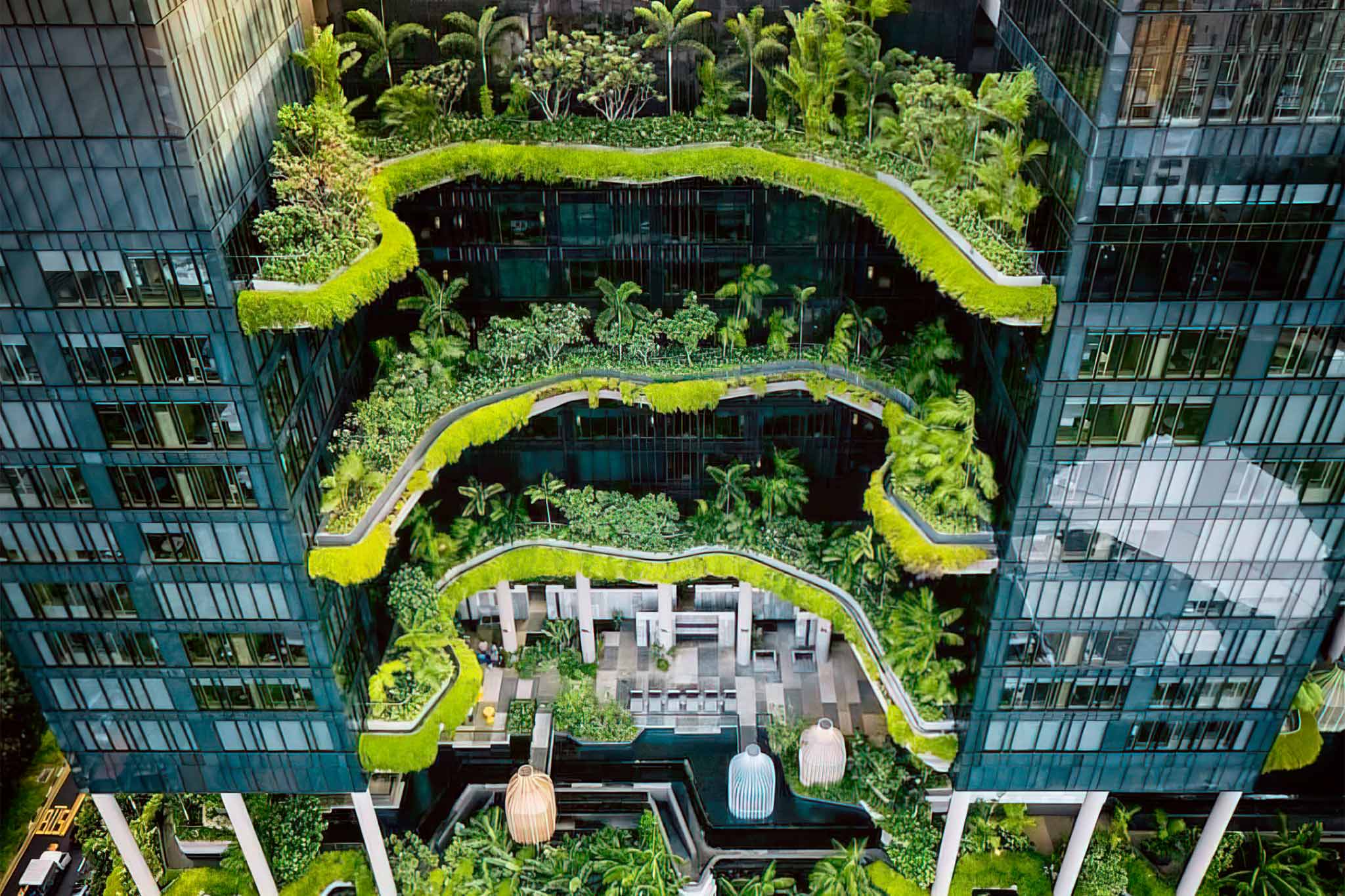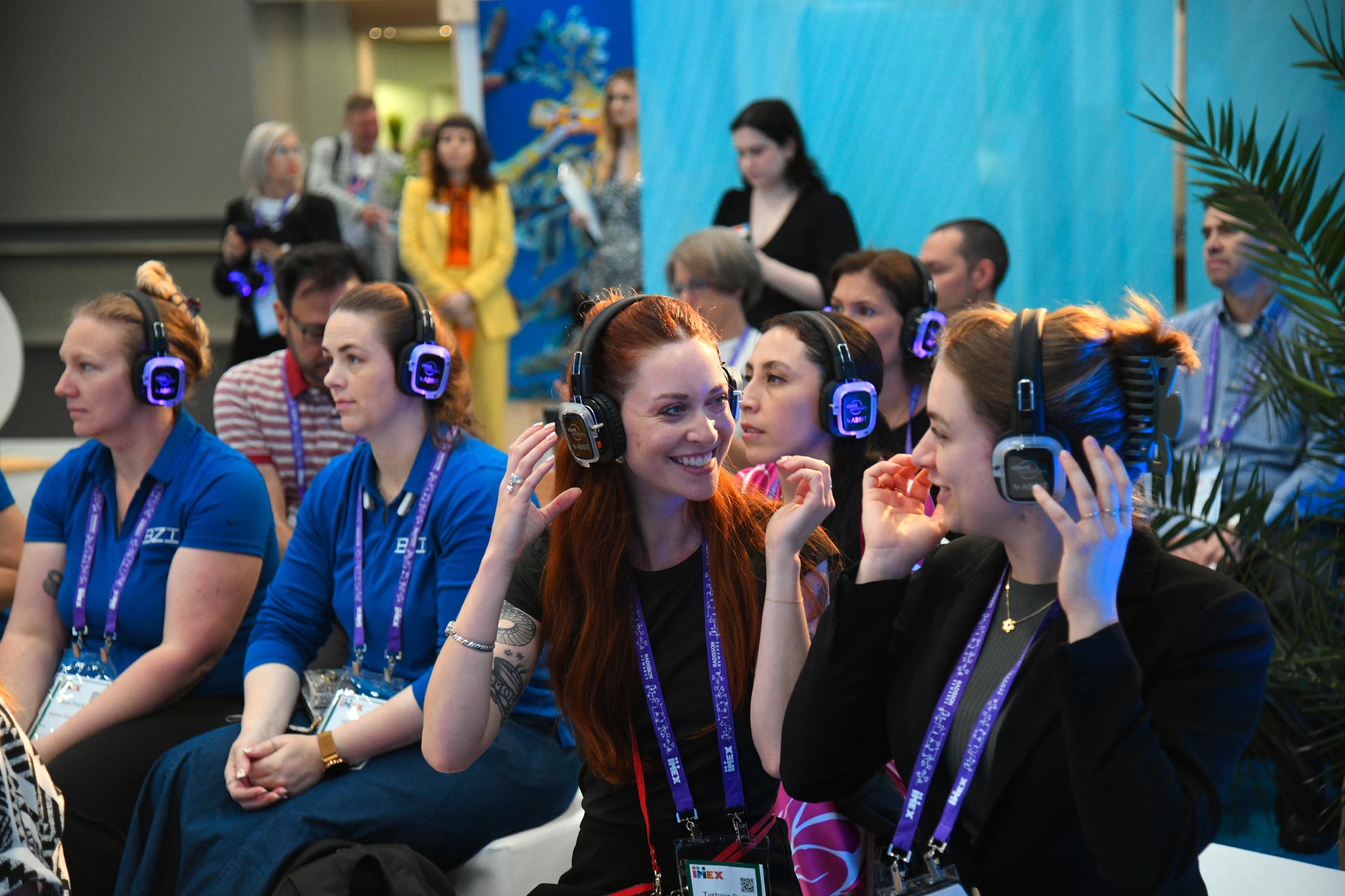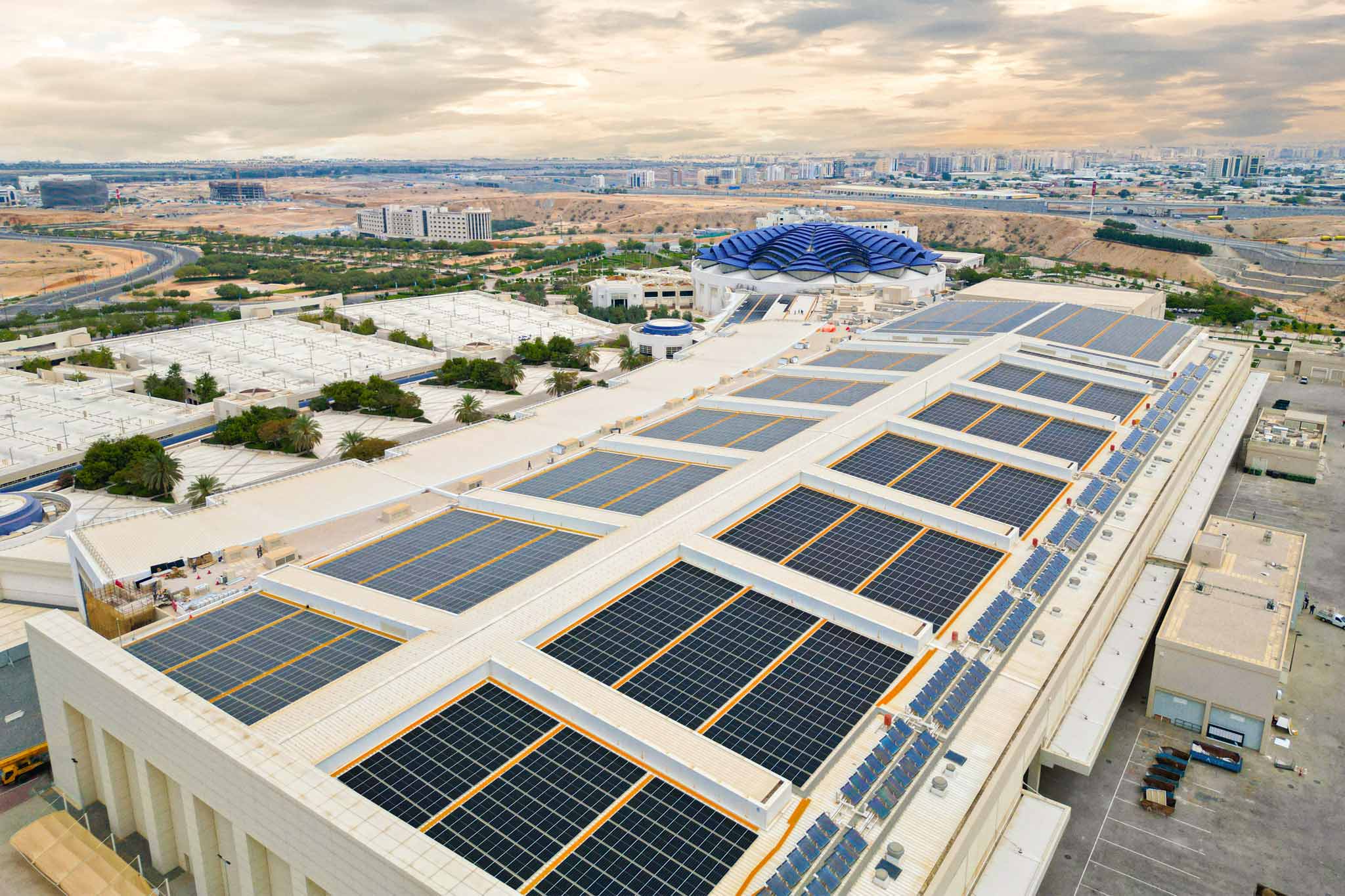There are two great value-driven buzzwords in the hospitality industry today: sustainability and staff. Both contain loads of levels, create massive opinions, and are directed to, in fact, all components in the industry. The topics are currently subject to research, conferences, reports, and articles. Reading through most of the annual yearly reports from companies in the industry, they all have sections about sustainability and staff. Technology and branding are other topics high on the priority list, and they all correlate. When getting involved in these topics and studying them thoroughly, it’s interesting how the vast majority is on the agenda for one reason; to meet the guest’s needs and increase guest satisfaction.
In September, I attended the Future Hospitality Summit in Dubai. It’s a three-day event where the topics mentioned above took place among traditional ones like branding, the future of concepts, and new innovative solutions. The presentations, with headlines like Embracing Responsible Consumerism and The Sustainable Hospitality Challenge – Remote SHC, challenged students from 40 leading international hotel schools to address a real-life case study regarding sustainability. Involved, and on stage, there were industry leaders like, for example, Wolfgang Neumann of Sustainable Hospitality Alliance, Tim Cordon, Area Senior VP Middle East and Africa for Radisson Hotel Group, and Jochem Jan Sleiffer, President Middle East, Africa and Turkey for Hilton.
The vibes at the summit were highly positive. There is magic in the making for the hotel, restaurant and meeting industry. After some years of hardship caused by you know what, the spirit is full of energy, innovation is top of mind, and the future has never been brighter. Or? Well, a few figures and facts from research and reports stand out, and are alarming globally, and that’s with regards to the staff issue. It is, after all, the staff that’s creating the magic in the end.
However, reports state that it’s hard to attract and retain staff. For example, according to information from ETC, presented by Aptamind and its CEO Mrs Aradhana Khowala who is also chair of The Global Advisory Board, The Red Sea Company and founder of Aptamind Partners, there is currently a talent crisis.
Hard facts and figures: 95 per cent of school-leavers are not considering a career in hospitality, and only one in five parents would encourage a hospitality career choice. Furthermore only 50 per cent of the graduates from Ecole hôtelière de Lausanne (EHL), Switzerland, end up working within the hotel industry after graduation. And that says something, seeing as EHL is ranked as the best hotel management school in the world by QS World University Ranking for hospitality and leisure management. And all of this is part of a trend that goes back many years, long before you know what.
“There is magic in the making for the hotel, restaurant and meeting industry. Or?”
What’s positive and encouraging within the industry is that there are leaders who have identified the issue and are problem solvers. Basically, problem identification and active solutions need to go hand in hand. Full speed. Transforming the back-of-house environment, for example staff satisfaction level, requires the same attention as the front-of-house, the guest satisfaction level. Simply put, having a happy staff creates happy guests.
So, what actions are necessary? What needs attention? Generation X and the coming Generation Z (the kids of generation X) are “demanding,” some say. Are they? Are they demanding if they expect to have time to eat in comfortable back-of-house restaurants? Are they demanding if they ask for reasonable work hours? Are they demanding if they expect a career path? Or is it simply appealing to be able to find a work-life balance? Are people demanding if they expect to be able to live off one salary? Are they demanding if they expect continuous training? Furthermore, new generations has always been seen as demanding. Ask anyone older than you, and ask yourself, didn’t the older generations consider you demanding?
Now is the time for change. It’s time to highlight the work environment in the hospitality industry, at least if we want to be able to attract talent. Take the car industry, for instance. Walking into a modern car factory is like another universe compared to even just 20 years ago: it’s clean, quiet, efficient and healthy. Production per ‘man hour’ is higher and sick leave is much lower.
How can the hospitality industry learn from that? Well, we need to look at the production set-up. How can we do better? How can we use things like AI, robots or other intelligent technology to satisfy the demands of the next generation in our own “production lines”? There is so much we could be doing. It’s time to act. What else can we do to be attractive as a trade? Well, by giving full attention to soft values. Like, for example, by not just greenwashing through policies and talk of sustainability, equality, and human rights to appease, attract or flatter our guests, but by also truly implementing these values in all aspects of our business to attract talent earnestly.
These are necessary investments to make. And the good thing is that investments in staff tend to generate fantastic ROI, like: reducing sick leave, achieving higher efficiency, and lowering staff cost (by using robots to conduct heavy and monotone jobs to replace people). And it leaves us with a more engaged staff. It’s time to look beyond just passion. If we are to keep delivering for our gests, we will need energised, skilled and motivated people with the right work-life balance. If we invest in the staff, they will provide passion and results.



